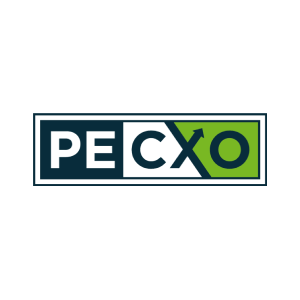When entering the C-suite of a private equity-backed portfolio company, it’s critical to understand the makeup and expectations of the private equity board, as well as what to anticipate from PE board governance. Read below to identify:
- Why PE boards are crucial to a company’s success
- Typical compositions and valuable attributes of a private equity board
- How to successfully navigate board relationships
- Board qualities to look for during due diligence of a prospective role
The Value of Private Equity Boards
“PE board members feel like owners themselves. Senior managers of the portfolio company typically own about 5 to 8 percent of the company stock, and the PE firm votes the rest of the shares, which are owned by the PE fund (in which the PE firm is a major investor).
— McKinsey
Private equity boards are critical to value creation. They take on a certain amount of financial risk and also come to the table with expertise in a number of operational and financial areas. Boards encourage management to contribute and execute ideas that create long-term value. Though their deep level of engagement and speed of decision-making may be initially overwhelming, a good PE board enhances executive management skills over time.
Private Equity Board Structures
There is no single structure that all PE boards follow. That said, most boards will include, in some capacity, the following parties:
The deal partner or principal. This is the person who brought the deal to t...
